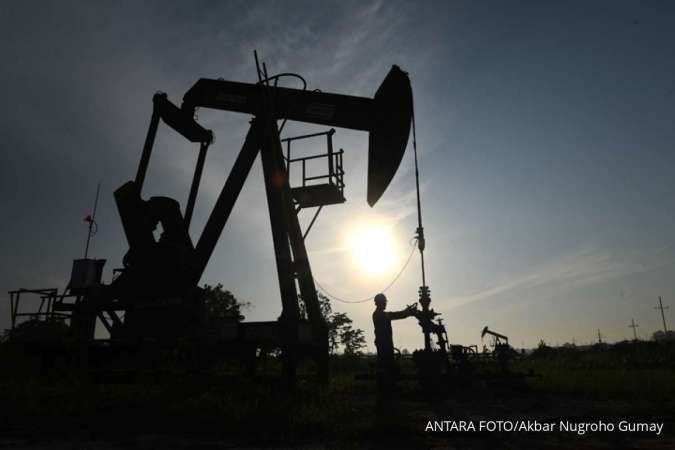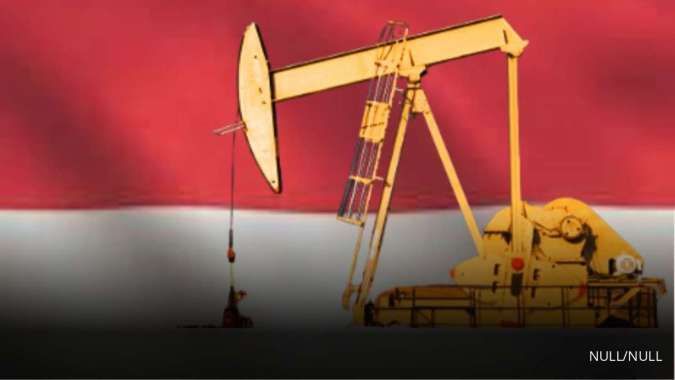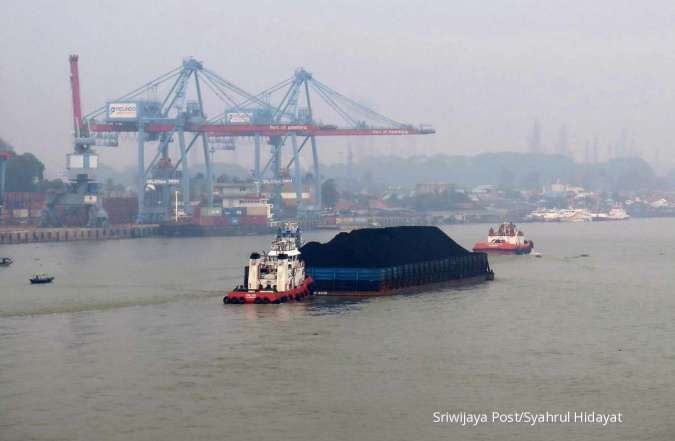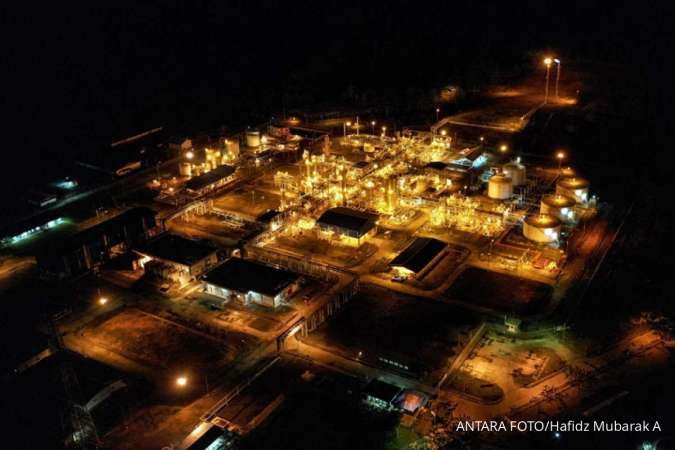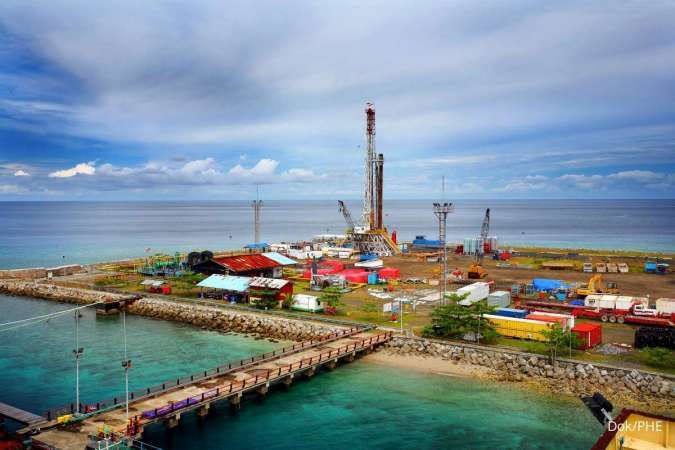OIL AND GAS - JAKARTA. Indonesia's oil production has taken a downturn, sounding an alarm for the Special Task Force for Upstream Oil and Gas Business Activities (SKK Migas), which had set a target of 1 million barrels per day by 2030, now pushed back to 2033.
If oil production continues to decline, the target of producing 1 million barrels of oil per day by 2030 could be missed.
Hudi Suryodipuro, Head of the Program and Communication Division of SKK Migas, stated that as of April 15, 2024, Indonesia's year-to-date oil production reached 576,000 barrels per day.
Read Also: Indonesia Ensures Sufficient Fuel Stocks in the Midst of the Middle East Conflict
He explained that production is still in the process of ramping up, and reactivating wells after several instances of unplanned shutdowns due to flooding in some areas of Sumatra and other impactful unplanned shutdowns at BP Berau, BSP, PHE OSES, among others.
According to Hudi, the flooding also halted several drilling and well services activities, thus no contribution from these activities has been made yet.
"We are still striving to reach the 2024 production target," Hudi told KONTAN on Thursday (18/4).
To maintain production growth, Hudi added, SKK Migas is accelerating the reactivation of wells and speeding up drilling and well maintenance.
Read Also: Oil Extends Losses on Easing Middle East Tension, Demand Concerns
Meanwhile, Moshe Rizal, Chairman of the Investment Committee of the Oil and Gas Company Association (Aspermigas), said this decline in oil production started last year, specifically in August, with oil production consistently below 600 barrels per day.
"This is certainly not good considering SKK Migas' target of 1 million barrels of oil per day by 2033, which is a three-year delay. To reach this target, the trend should be increasing, not decreasing, as production increases cannot be instantaneous and take time," Rizal revealed to KONTAN on Thursday (18/4).
Rizal explained that increasing oil production takes time due to factors such as investment, technology, and extraordinary efforts. Moreover, the current oil drilling fields are aging, naturally leading to a decrease in production.
Read Also: Oil Prices Flat as Economic Headwinds Counter Mideast Supply Fears
To increase production, Rizal said, there are only two ways. First, using Enhanced Oil Recovery technology and conducting massive and large-scale exploration to find new reserves and accelerate the production of these new reserves.
"Both of these require extraordinary investment. The presence of technology requires investment, and exploration even more so due to its high risk," said Rizal.
He pointed out that currently, more than 60% of oil production is controlled by Pertamina. Pertamina must be as open as possible, flexible, and able to adapt to collaborate with other oil companies.
"Pertamina cannot achieve the production target alone. Pertamina must partner with other investors," Rizal concluded.
/2022/08/19/1130866189.jpg)
